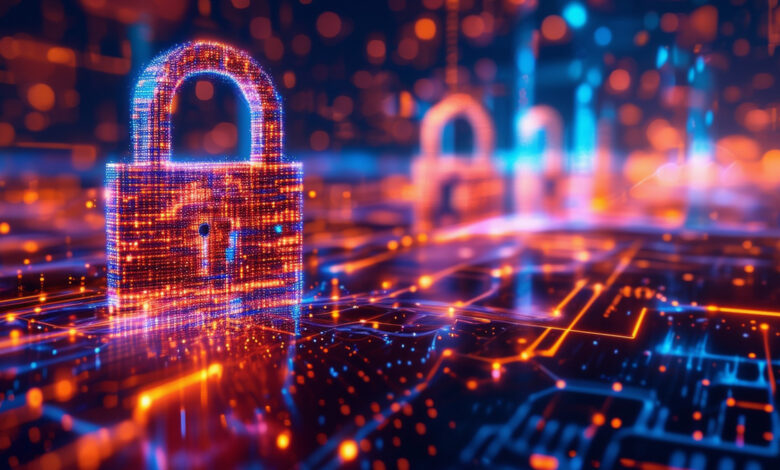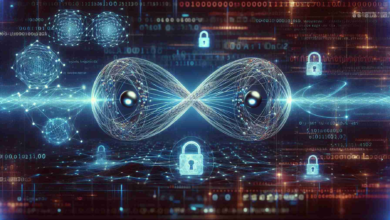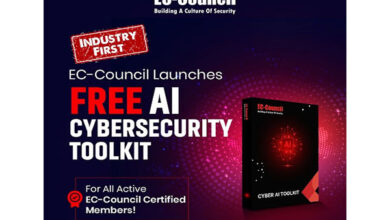Rise of Cybersecurity as a Service in the digital age

In an increasingly digital world, the threat landscape continues to evolve, with cyberattacks becoming more sophisticated and frequent. As organisations strive to protect sensitive data and maintain operational integrity, traditional cybersecurity measures often fall short. This has paved the way for a more dynamic and scalable solution: Cybersecurity as a Service (CSaaS).
Cybersecurity as a Service is a comprehensive approach to managing security needs through cloud-based services. Instead of relying solely on in-house resources, organisations can leverage external expertise, technology, and infrastructure to fortify their defences against cyber threats. CSaaS encompasses a range of services, including threat monitoring, vulnerability assessments, incident response, and security training.
The shift towards CSaaS is driven by several factors. Foremost is the increasing complexity of cyber threats. From ransomware and phishing attacks to sophisticated state-sponsored hacking, the threat landscape is more diverse than ever. This complexity necessitates advanced tools and continuous monitoring, which can be prohibitively expensive and resource-intensive for many organisations to manage internally.
Additionally, the rise of remote work and the proliferation of Internet of Things (IoT) devices have expanded the attack surface, making traditional perimeter-based security models obsolete. Organisations need a flexible, scalable solution that can adapt to changing environments and threats in real time.
Key benefits of Cybersecurity as a Service include cost-effectiveness, access to expertise, scalability, flexibility, proactive threat management, and regulatory compliance. Building and maintaining an in-house cybersecurity team and infrastructure can be incredibly costly. CSaaS allows organisations to access top-tier security services and expertise without the need for significant capital investment. This subscription-based model ensures predictable costs and scalability as the organisation grows.
CSaaS providers specialise in cybersecurity and employ experts who stay abreast of the latest threats, technologies, and best practices. This access to specialised knowledge and skills can be invaluable, particularly for small and medium-sized enterprises (SMEs) that may lack the resources to hire full-time cybersecurity professionals.
Cybersecurity needs can vary significantly depending on the size of the organisation, industry, and specific threat landscape. CSaaS offers the flexibility to scale services up or down based on current needs, ensuring that organisations are neither over-protected nor under-protected. CSaaS providers typically offer 24/7 monitoring and advanced threat detection capabilities. This proactive approach enables the identification and mitigation of threats before they can cause significant damage. Continuous monitoring and real-time response are critical in minimising the impact of cyber incidents.
Navigating the complex landscape of cybersecurity regulations can be daunting. CSaaS providers often have expertise in compliance and can help organisations adhere to relevant laws and standards, such as GDPR, HIPAA, and PCI-DSS. This not only reduces the risk of fines and penalties but also enhances the organisation’s overall security posture.
While CSaaS offers numerous benefits, there are also challenges and considerations to keep in mind. One significant concern is data privacy. When outsourcing cybersecurity, organisations must ensure that their data is handled securely and that the CSaaS provider adheres to stringent privacy standards.
Another consideration is the potential for dependency on the service provider. Organisations should establish clear service level agreements (SLAs) and maintain a level of in-house expertise to manage the relationship effectively and ensure continuity in case of service disruption. Additionally, not all CSaaS providers are created equal. Organisations must conduct thorough due diligence to select a provider with a proven track record, robust security measures, and a deep understanding of their specific industry needs.



